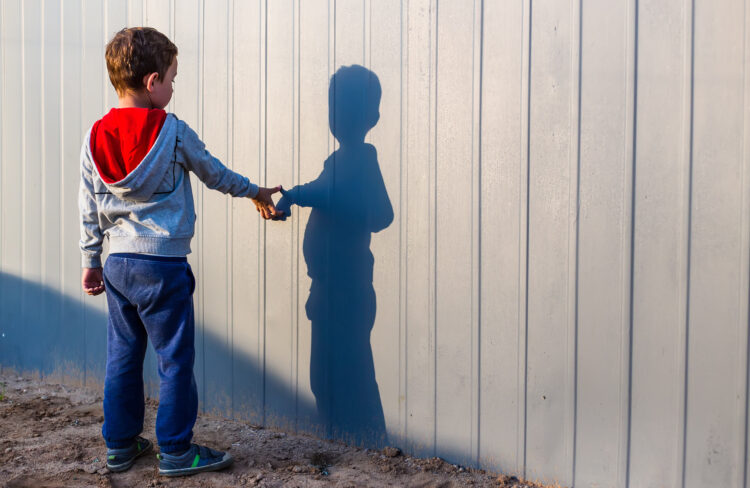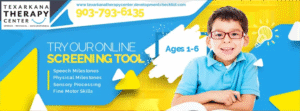
Article By: Carly Davis, COTA
How to Control Aggression in Autism
When upset or angry, autistic children tend to harm themselves or others, weather this be through hitting, destroying objects, forceful and aggressive movements, or banging head against wall or floors. Autism does not cause aggression, but can lead to emotional outbursts that can include aggressive behaviors. Below are some tips to help calm an overstimulated/upset autistic child:
- autistic kids are very likely to suffer from sleep insomnia. When thinking about bed time for your child, consider making a scheduled night time routine the child can visually see so they know what is expected of them.
- Avoid light disrupters and keep noise to a minimum.
- Set the child’s room at a comfortable temperature.
- Be cautious if your child naps during the day, to not nap for too long.
- It is recommended to disconnect from tablets/games 30 minutes before going to bed.
- Don’t eat fatty or spicy foods to late into the evening before bed.
- Reinforce positive behaviors with a reward that the child enjoys/ engages in.
- Use a weighted blanket/lap pad, noise canceling headphones, chewy or chin by snacks, or fidget toys as calming strategies when out and about if your child becomes upset/restless.
- Autistic kids can struggle with communicating desired needs or wants, impulse control, or problem solving. It helps to work on these aspects when your child is not upset or in a tantrum. Ideas are included below!
Communication devices, picture schedules, turn taking games, word searches, eye spy, obstacle courses, sensory bins, sensory calm down bottles, or playground equipment to name a few!
Try our Free Online Screening Tool
If you are not in therapy and you are wondering if your child may be falling behind with sensory processing, fine motor skills, speech and language or developmental milestones, please try our online screening tool. You will be given a survey of age-appropriate milestones for speech, language, gross motor skills, fine motor skills and sensory processing for children ages 1-6.
https://texarkanatherapycenter.developmentchecklist.com

